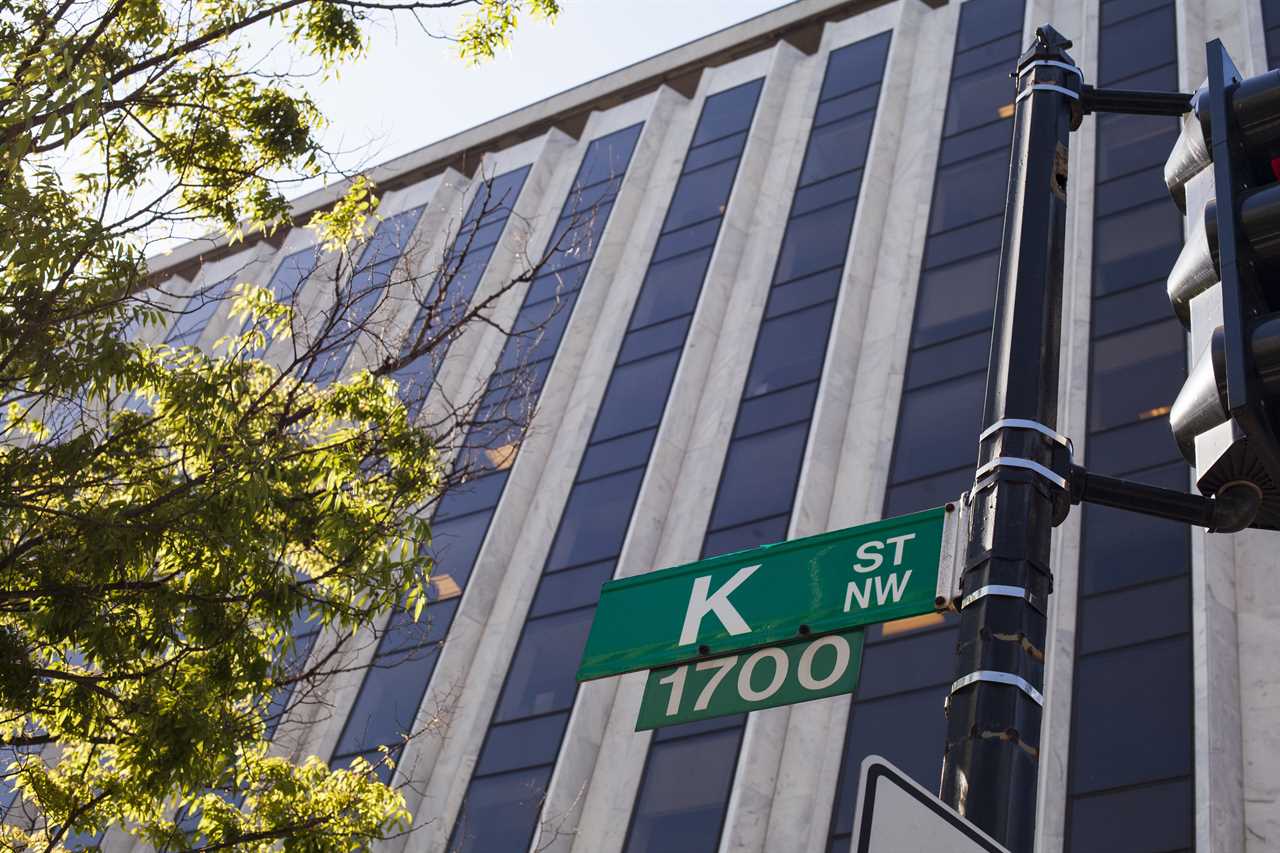
Have big money and want to influence politics? Forget Washington. Focus on the states.
That’s what K Street itself is increasingly concluding.
Take the gun lobby. Less than two decades ago, firearms trade group the National Shooting Sports Foundation had registered lobbyists in just two states: California and Connecticut. Today, it has registered lobbyists in 35 states, according to data from the money-in-politics group OpenSecrets, and says it has a team big enough to have a presence in all 50 states.
“For us to work in benefit to our members as a trade association, we need to be actively engaged where the policies are being made, and the policies are not just being made in Congress,” Mark Oliva, a spokesperson for the foundation, said in an interview. “The policies are being made in the state capitals.”
The foundation’s growth reflects a trend. According to a new report from OpenSecrets that’s set to be released on Wednesday, total spending on state lobbying increased across 19 states from which it has collected data dating back to 2015. Interest groups spent a record $1.8 billion on state lobbying in 2021. Adjusted for inflation, the spending figure is the largest since 2019.
As partisan divides ensnare congressional lawmakers in stalemates over key legislation, many lobbying firms find it faster to take their efforts to governors and state legislatures. State leaders have become as influential as they’ve ever been and are now shaping the national conversation on issues as diverse as energy policy and abortion rights. And those seeking a say in what happens in state capitals have been adapting by building out robust and sophisticated lobbying operations that stretch far beyond Washington.
“States become laboratories for larger policies,” said Harold Iselin, co-chair of the law firm Greenberg Traurig’s government and policy practice. He pointed to the progressive state Legislature in New York, where Iselin is based and where legislative activity has fueled a growth in lobbying among businesses, nonprofits and advocacy organizations. Greenberg Traurig has added 14 people to its state government law and policy practice since 2020, Iselin said.
According to OpenSecrets, the health sector ranked as the leading industry spender, with groups dropping more than $140 million to influence drug pricing and other policy making in the states. And its messaging has clearly been organized: OpenSecrets found that across states in recent years, the pharmaceutical organizations delivered consistent testimonials, even with different lobbyists on the ground in those jurisdictions.
“The more that there's gridlock in Washington, the more the states become the place where people feel they can make progress on issues no matter what the issue is and what side of it they're on,” Iselin said.
In fact, according to the OpenSecrets report, the top state lobbying firm, by spending, has no current registered federal business in Washington, D.C. The Southern Group focuses on the southern states and reported $22 million in spending. Additionally, Capital City Consulting, another top firm, reported $17 million and only has offices in Florida.
Still, the spending data from OpenSecrets is incomplete: Reporting requirements vary at the state level and many do not require any meaningful spending data, including the amount that clients pay their lobbyists.
And even as the amount of state-level lobbying spending continues to rise, there remains no shortage of business for firms in the nation’s capital. Federal lobbying spending also reached a record number in 2021, nearly $3.8 billion, according to the OpenSecrets data. Early indications based on spending levels reported show that the number may increase this year.
Around the 1960s, as the power of state governments grew and federal legislation granted more funding to the states, a number of interest groups began to mobilize at the state level, said James Strickland, a politics professor at Arizona State University who has written extensively on lobbying. Nowadays, with gridlock a constant condition in Congress, state governments are helping to fill the gap, he said.
“The state governments are becoming more polarized and they are also becoming, you could say, innovators of policy change,” Strickland said.
Brian Ballard, whom POLITICO once dubbed “the Most Powerful Lobbyist in Trump’s Washington,” grew his D.C. presence after a history in Florida. But his firm’s business in the Sunshine State still reflects a larger portion than his work in D.C., even though he charges higher fees in Washington. Some business can disappear with electoral changes in Washington, but the political environment in Florida is far more stable, Ballard said.
Ballard’s firm, which now also has a presence in Massachusetts, was among the Top 3 state-level spenders, according to the OpenSecrets report.
“Really, anything that’s going to happen in the country is going to come through Florida either first or very close to first,” Ballard said. “It’s a real stable rock to build your firm upon.”
The National Shooting Sports Foundation began investing in its state lobbying team several years ago, Oliva said in Texas, for example, it successfully worked to pass legislation prohibiting some companies from large government contracts if they had internal policies that “discriminate” against the firearms or ammunition industries. It’s pushing similar legislation in other states.
Oliva also pointed to the firearms giant Smith & Wesson’s moving its headquarters from Massachusetts to Tennessee after lawmakers in the former state introduced legislation that would have restricted the company’s ability to produce certain rifles.
----------------------------------------
By: Hailey Fuchs
Title: Washington’s influence machine is coming to a state capital near you
Sourced From: www.politico.com/news/2022/06/22/statehouse-lobbying-rise-k-street-00041217
Published Date: Wed, 22 Jun 2022 03:30:00 EST






